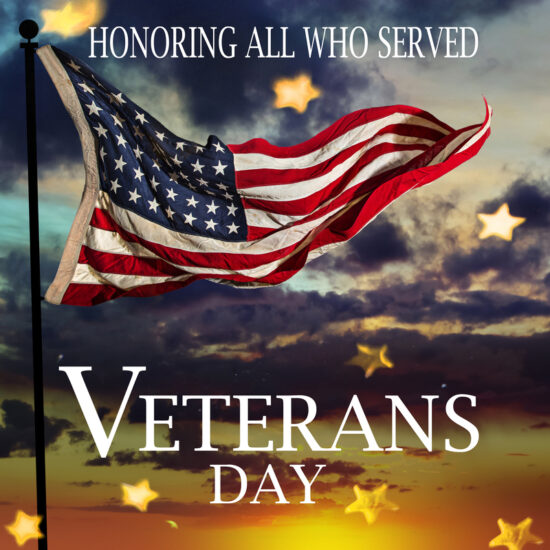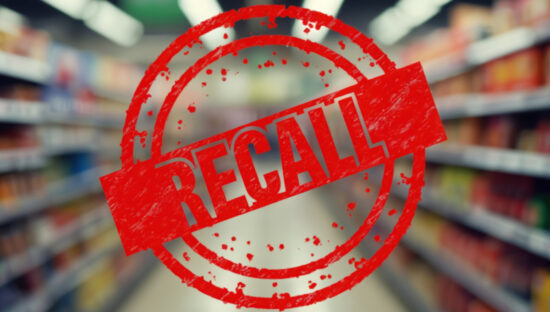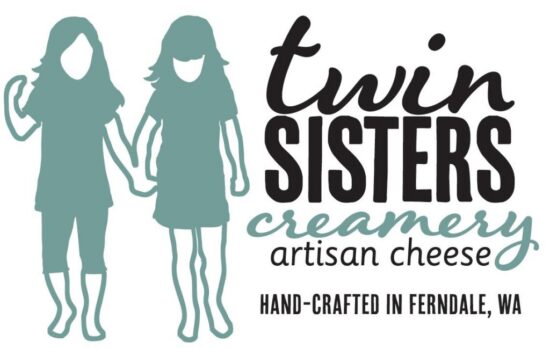Today is Veterans Day, honoring approximately 17.6 million living veterans in the United States.
And some of them are using this time to call on Health and Human Services Secretary Robert F. Kennedy, Jr., to end his efforts to ban 7-hydroxymitragynine (7-OH) — a naturally occurring compound in the kratom plant.
Four months ago, Kennedy’s FDA asked the Drug Enforcement Administration (DEA) to take scheduling action to control certain 7-hydroxymitragynine (also known as 7-OH) products under the Controlled Substances Act (CSA). The substance is also known as “gas station heroin.”
The veterans asked Kennedy for a science-based approach to regulate kratom responsibly.
A letter, signed by nine veterans under the banner of Veterans to Save 7-OH, highlights the impact of 7-OH for former service members managing chronic pain, PTSD, and recovery from opioid dependence. The veterans describe 7-OH as “life-changing,” citing its role in helping them manage pain, regain stability, and rebuild their lives after service.
“For many of us, 7-OH has offered relief where years of prescription medications, surgeries, or therapy failed,” the letter states. “It has quieted the pain that kept us from sleeping, helped calm nerves that think we never left the battlefield, and provided a bridge away from dangerous opioids and alcohol. Simply put, it has given us back our lives.”
In July, Louisiana became the seventh state to ban kratom entirely. Florida Attorney General James Uthmeier announced that an emergency rule had been filed to classify isolated and/or concentrated 7-hydroxymitragynine (7-OH) from kratom as a Schedule I controlled substance in Florida.
The rule, which took immediate effect, makes it illegal to sell, possess, or distribute any isolated or concentrated form of 7-OH in the state.
Kratom is a tropical tree (Mitragyna speciosa) that is native to Southeast Asia, and is not lawfully marketed in the U.S. as a drug product, a dietary supplement, or a food additive in conventional food. It is frequently brewed into tea.
According to national data, veterans face an overdose risk roughly twice that of the general population. The numbers reveal a stark and persistent reality: after serving their country, many veterans return home to chronic pain, trauma, and limited treatment options. The veterans argue that banning 7-OH would push many veterans back toward opioids and illicit drugs. Instead of prohibition, they call on HHS to pursue responsible regulation, including age restrictions, product testing, transparent labeling, and continued scientific research.
“In an era where some 150 Americans die each day from opioid overdoses, we cannot afford to lose 7-OH, which is safely helping veterans recover, reconnect, and rebuild,” they say in the letter.The coalition has requested a meeting with HHS officials to share firsthand accounts and collaborate on evidence-based policy. The letter is part of a growing movement of veterans and harm-reduction advocates urging federal agencies to allow research into 7-OH for its potential for safe and therapeutic use.
Veterans to Save 7-OH is a national coalition of military veterans and first responders standing up for safe access to 7-hydroxymitragynine (7-OH) products.
You can read the letter here.
(To sign up for a free subscription to Food Safety News, click here.)



